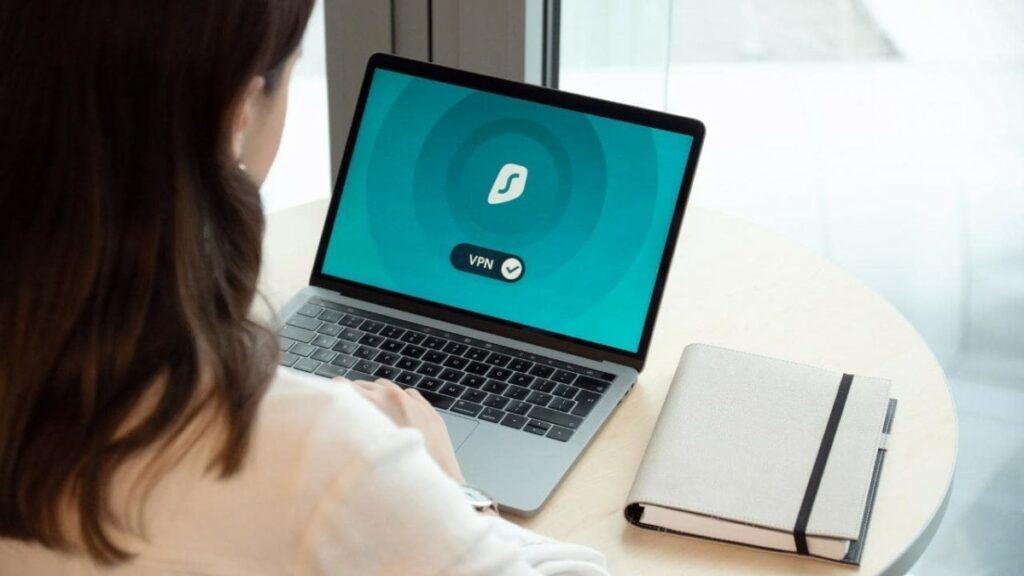We often need to ensure that our private information is not leaked when surfing the Internet, but the Internet is evil, and there are always people with bad intentions who want to spy on our private information. Using a VPN can protect our information well.

What is a VPN?
VPN (Virtual Private Network) is a technology that creates a secure, encrypted connection over the internet between your device and a remote server operated by the VPN service. This connection helps protect your online activity by hiding your IP address (your device’s unique identifier on the internet) and encrypting data sent and received. Here’s how it works and why people use it:
How a VPN Works
When you connect to a VPN server, your internet traffic is routed through an encrypted tunnel, which masks your IP address and makes it look like you’re browsing from the VPN server’s location. For instance, if you connect to a VPN server in a different country, it can appear as if you’re browsing from that country.
Benefits of Using a VPN
- Privacy Protection: This feature hides your IP address and encrypts your data, helping to keep your online activity private from third parties like ISPs (Internet Service Providers) and advertisers.
- Security on Public Wi-Fi: A VPN encrypts your data, protecting it from potential hackers on unsecured networks, such as public Wi-Fi at airports or cafes.
- Access to Restricted Content: VPNs allow you to bypass geo-restrictions, letting you access websites and streaming services that may be unavailable in your region.
- Avoidance of Bandwidth Throttling: Some ISPs slow down your connection when you stream or download large files; VPNs can help bypass this by hiding your online activity.
Common Uses of VPNs
- Accessing streaming services not available in your region
- Ensuring secure online banking or sensitive work tasks on public Wi-Fi
- Enhancing privacy and bypassing censorship in restrictive regions
VPNs are useful tools for privacy, security, and access, but choosing a reliable provider is essential to ensure your data is well-protected.

What devices does VPN support?
VPNs are compatible with a wide range of devices and operating systems, allowing you to secure almost any internet-connected device. Here’s a breakdown of the types of devices typically supported by VPN services:
1. Computers and Laptops
- Operating Systems: Most VPN providers offer apps for popular operating systems like Windows, macOS, and Linux.
- Browsers: Many VPNs provide browser extensions for Chrome, Firefox, and sometimes Edge, which allow you to secure just your browsing traffic.
2. Smartphones and Tablets
- Operating Systems: VPN apps are widely available for mobile devices, including Android and iOS, providing the same security and privacy features as on computers.
- Use Cases: Ideal for browsing, streaming, and secure online banking over mobile networks or public Wi-Fi.
3. Smart TVs and Streaming Devices
- Devices Supported: Some VPNs offer apps or setup guides for smart TVs (like Android TV), Apple TV, and Amazon Fire TV Stick. This allows you to access geo-restricted content directly on your TV.
- Alternative: For devices that don’t support VPN apps, you can connect them through a VPN-enabled router.
4. Gaming Consoles
- Devices Supported: Although most consoles like Xbox, PlayStation, and Nintendo Switch don’t support direct VPN apps, you can still secure them by setting up the VPN on your router or through device connection sharing.
- Benefits: Helps with online gaming privacy, accessing region-restricted games, and reducing lag in some cases.
5. Routers
- Compatibility: Many VPN providers offer configuration files or firmware options for popular router brands like Asus, Linksys, and Netgear.
- Benefits: Setting up a VPN on your router secures all connected devices, including IoT devices and smart home gadgets that don’t support VPN apps individually.
6. Other Devices
- IoT Devices: Although most IoT devices don’t directly support VPN apps, connecting them through a VPN-enabled router can secure them.
- Chromebooks: Many VPNs offer dedicated apps or Chrome extensions for Chromebooks, securing your browsing and online activity.
VPN compatibility varies by provider, so if you have specific devices you want to secure, it’s worth checking their support pages or setup guides.



